Advertisement
In personal finance, you will often come across two words, "delinquency" and "default." People sometimes use these terms as if they mean the same thing, but they refer to different levels of not being able to fulfill financial responsibilities. When payments are delayed, it is called delinquency. On the other hand, when there's a big failure in meeting loan or credit agreement conditions, its referred to as default. This article is going to make these ideas clear, their effects, and possible money-related outcomes linked with each.
When someone cannot pay their loan or credit duty on time, this is called delinquency. The definition of delinquency can change based on different types of loans or credits. For instance, most times if a person pays their mortgage payment 30 days late, it is seen as delinquent. Similarly, credit card payments may be classified as delinquent after 30 days of non-payment.
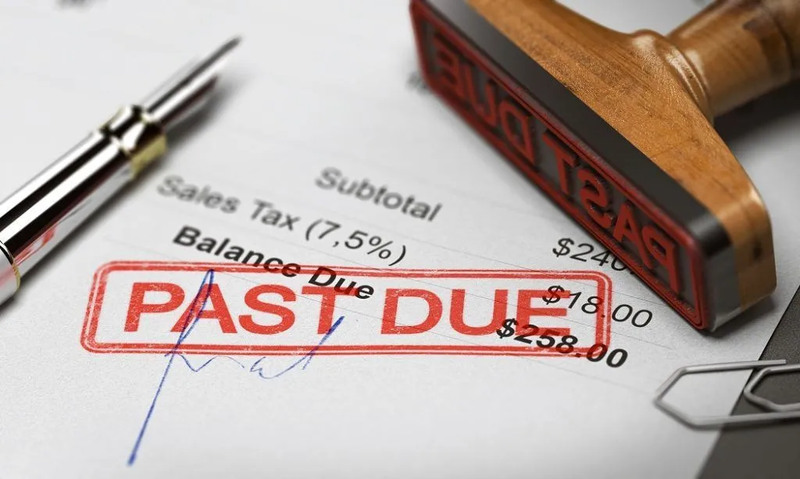
When a person who has borrowed money fails to make a repayment, it is usual for the lenders to get in touch and remind them about the outstanding amount. Being delinquent can lead to extra charges, and higher interest rates, and possibly harm their credit rating. If this situation of non-payment continues over time, there could be more serious problems on the horizon. Understanding that quickly dealing with delinquency can assist in reducing additional financial consequences is crucial.
Default is a serious situation that happens when someone who has borrowed money doesn't meet the responsibilities stated in their loan contract. This often occurs if the borrower stops making payments for a long time, generally identified as 90 days or longer for many loans. The exact conditions of default can change based on different kinds of credit or loans and also according to the lender's rules.
When a loan enters a default state, the lender might proceed with serious actions. They might begin the foreclosure process if it's a mortgage or take legal steps to get back the owed money. Plus, this default status will show on the borrower's credit report and can negatively impact their future ability to borrow for a long time. It is usually harder to recover from being in default than just delinquency as restoring damaged credit profile could require many years.
Frequently, the first results of not paying on time are usually related to money like getting charged for being late and dealing with increased rates of interest. These kinds of punishments can stack up and add more economic weight to the person who borrowed funds. Besides these expenses, if a borrower does not pay back in time, this might be informed to credit checking agencies by the lender causing a reduction in the borrower's rating at bureaus keeping track of credits. This decrease in credit reliability can interfere with future lending abilities, making it more challenging to get loans or achieve good interest rates later on.
Not paying debts on time not only harms your finances but can also harm other areas of life. It might impact when you apply to rent a house or look for jobs because many property owners and companies check credit scores before making their decisions. This widens the range of effects which highlights how crucial it is to handle unpaid accounts rapidly and efficiently so that lasting damage can be reduced.
The results of not paying back a loan can generally be much worse and may have long-term impacts on an individual's financial future. If a person fails to pay their debts, the lending party possesses lawful authority to make moves for reclaiming the money that is due. Such actions might involve taking over collateral in case of secured loans or seeking legal verdicts for those debts that are unsecured. Asset loss can be extremely harmful because it affects not only the finances of the borrower but also their chances of getting loans in the future.
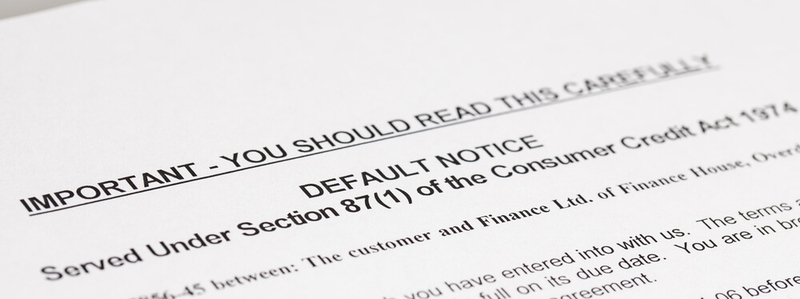
In addition, a default can cause substantial harm to one's credit score of the borrower. It often brings down the number by 100 points or even more than that. This decrease might influence their ability to borrow for many years because the default stays on the credit report for as long as seven years. In these years, getting new credits will probably come with greater interest rates or tougher loan conditions since lenders may see this person as someone who carries high risk. Also, borrowers might discover they are not qualified for some financial products, which makes their financial recovery more complex.
To keep good financial health, it is very important to stop delinquency and default. People who borrow money should be orderly and remember the dates of payment so they can pay on time. Using automatic payments could be a strong method for not forgetting deadlines. Furthermore, keeping a constant communication channel with lenders can offer borrowers help throughout difficult financial times.
If a person who has borrowed money thinks they will struggle to make a payment, it is advised that they contact their loan provider immediately. A lot of these providers have hardship schemes in place that can give short-term relief or alter payment plans to assist those people with managing their dues. Taking care of possible problems before they get bigger could be critical in avoiding serious consequences like late payments and failure to pay back the debt.
When a borrower is having trouble with overdue payments or the chance of non-payment, it can be useful to look for expert financial guidance. People like financial advisors and credit counselors can assist individuals in comprehending their choices, forming a budget, and designing strategies to take back control of monetary matters. These proficient people provide customized strategies considering the particular situation of borrowers; guiding on how debt management should be done efficiently.
To wrap up, it is very important to know the gap between being delinquent and default for all people who deal with debt. Both positions can lead to huge money issues but usually, a default has stronger after-effects. If borrowers keep themselves updated and act ahead of time, they can take necessary actions that can help them maintain their financial stability and avoid getting into these situations.
Advertisement

By Gabrielle Bennett /Mar 16, 2025
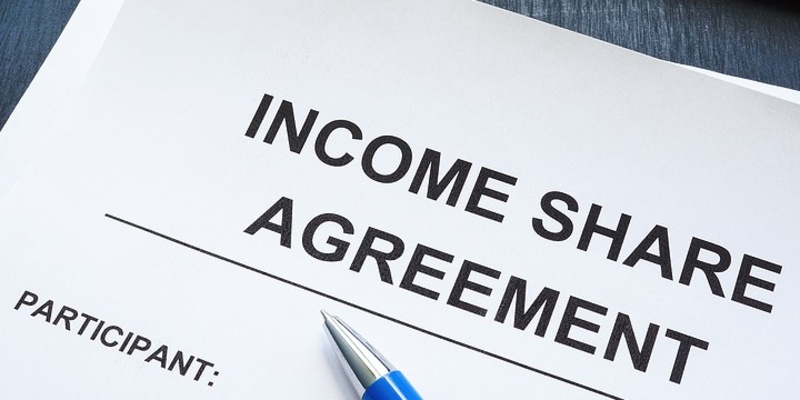
By Aldrich Acheson/Feb 28, 2025

By Christin Shatzman/Dec 08, 2024

By Sean William/Dec 09, 2024

By Gabrielle Bennett /Dec 10, 2024

By Kristina Cappetta/Mar 18, 2025
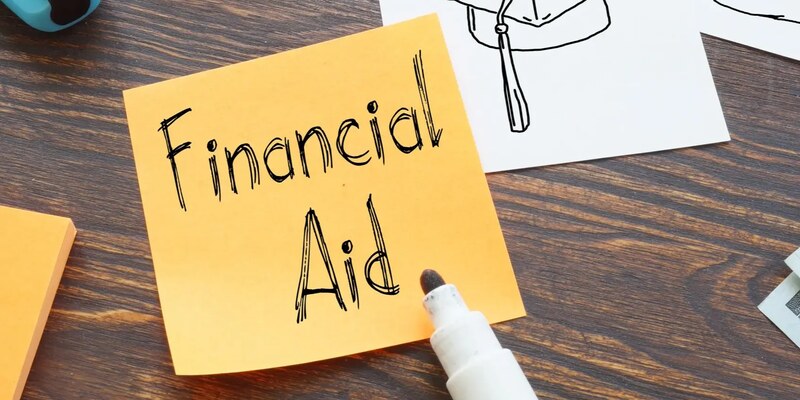
By Verna Wesley/Feb 28, 2025

By Georgia Vincent/Dec 15, 2024
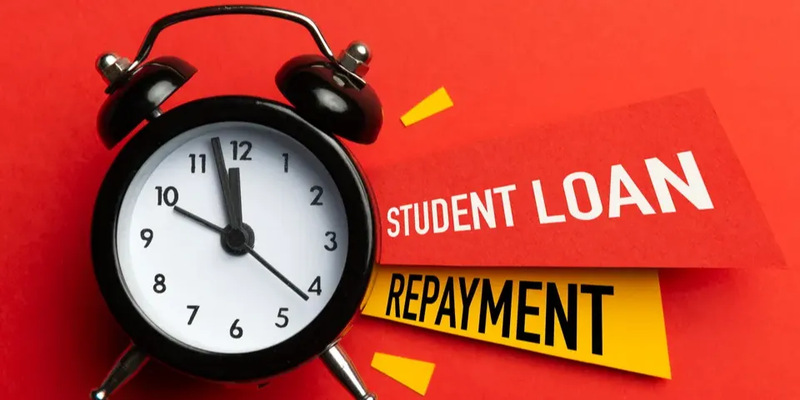
By Darnell Malan/Feb 28, 2025

By Isabella Moss/Nov 07, 2024

By Celia Kreitner/Dec 08, 2024
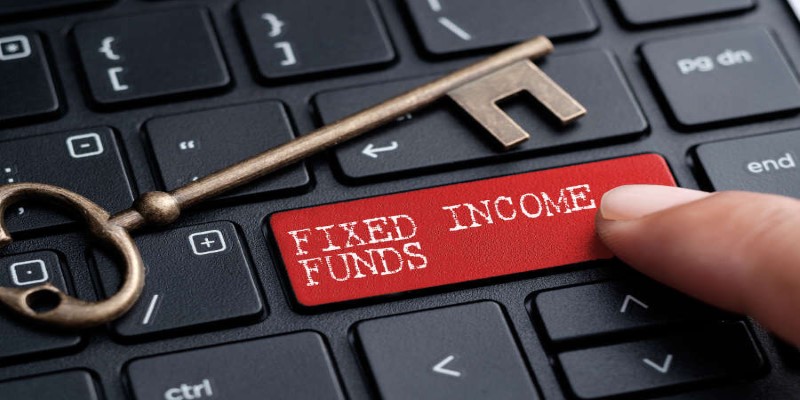
By Susan Kelly/Mar 17, 2025